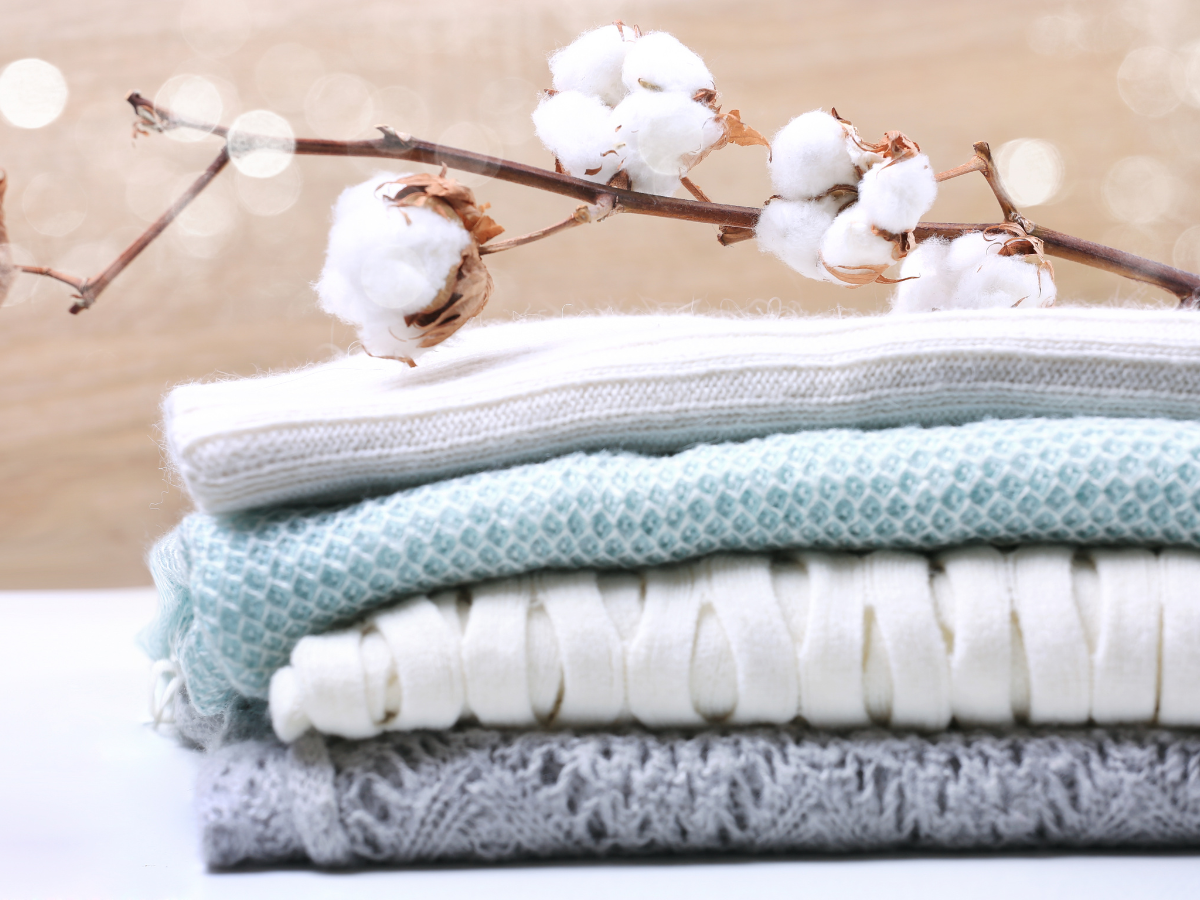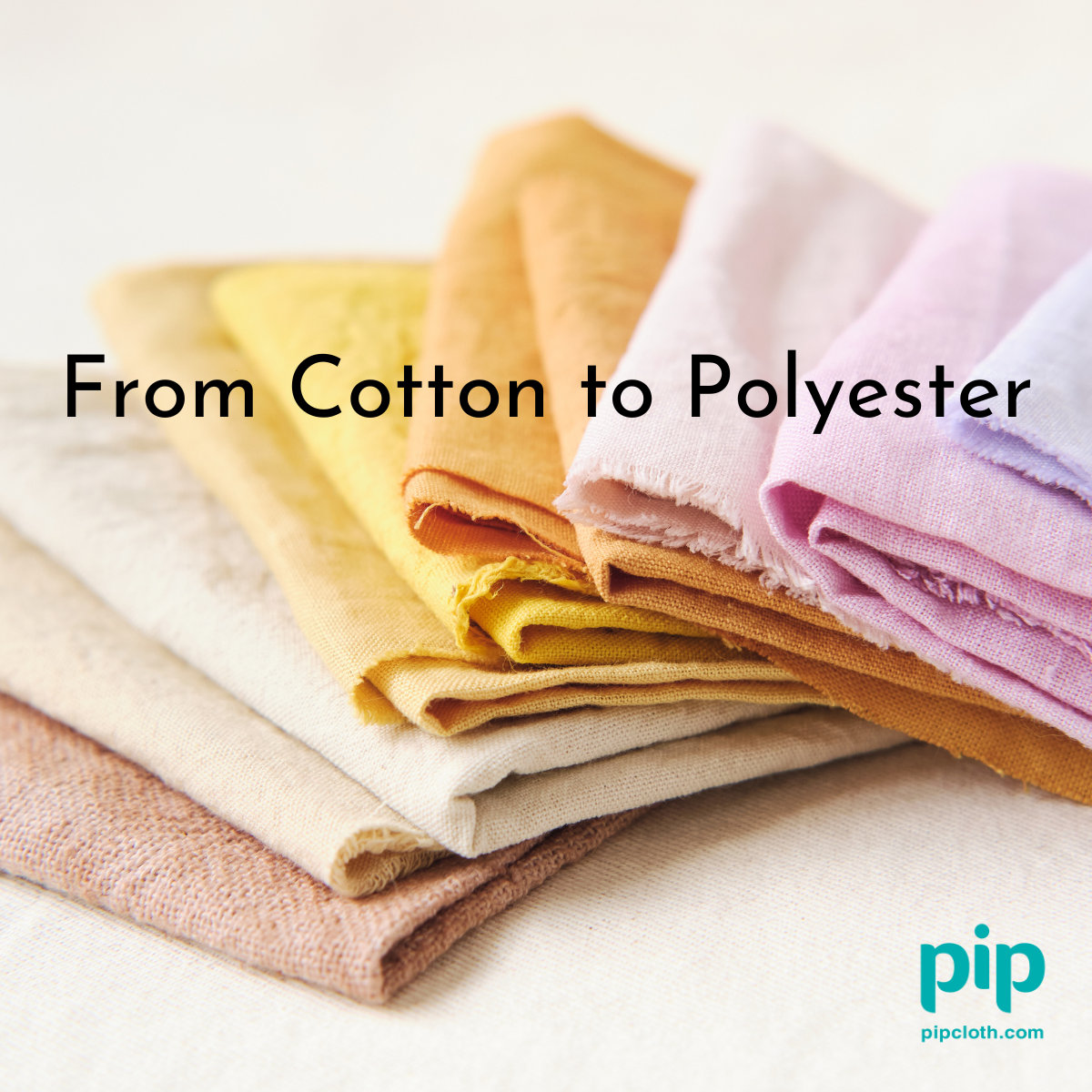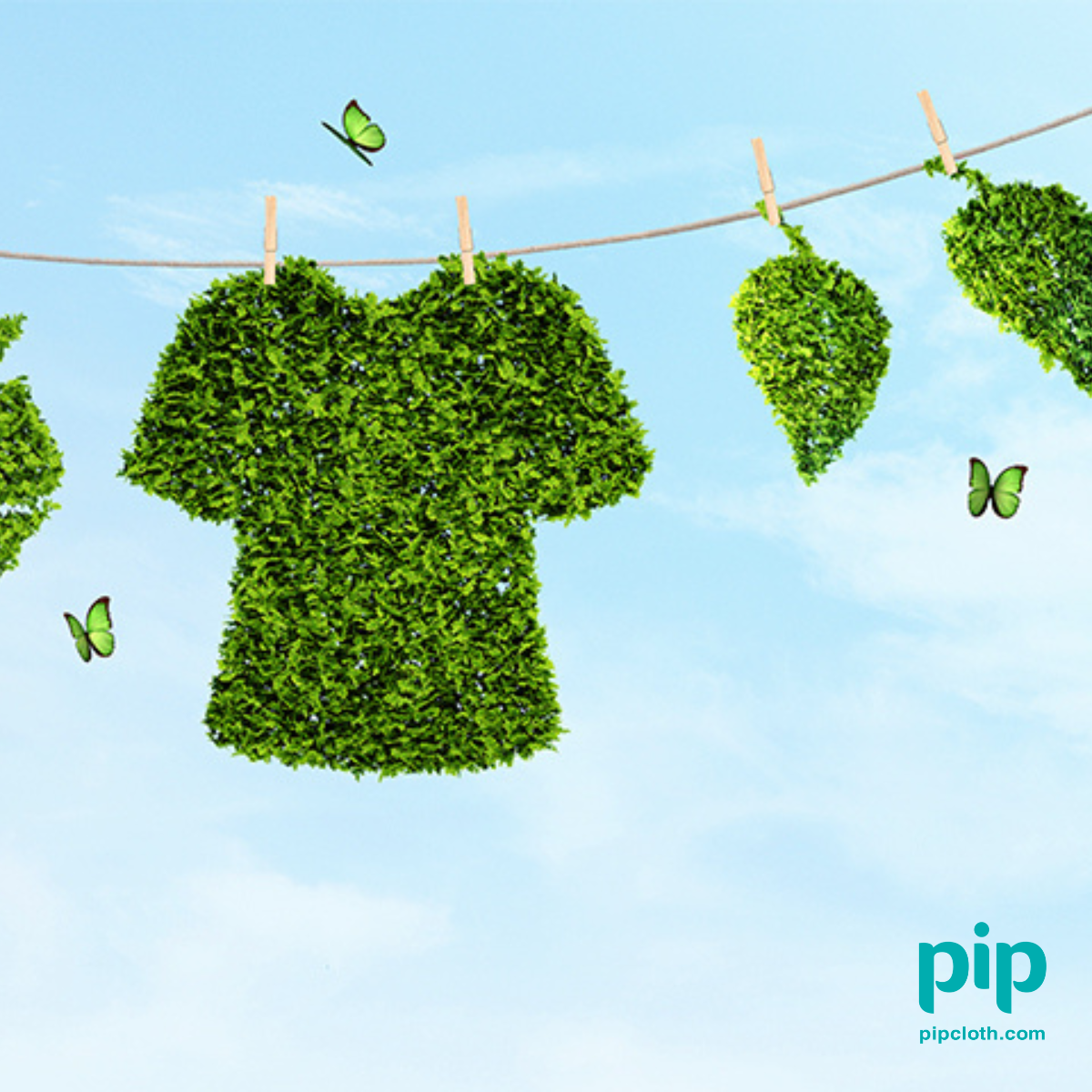Summary of “From Cotton to Polyester: Exploring the World of T-Shirt Materials”
Introduction
The article “From Cotton to Polyester: Exploring the World of T-Shirt Materials” discusses different types of materials used in t-shirts and their suitability for summer wear.
Cotton
Cotton is a popular material for t-shirts due to its breathability and comfort. It is known for its softness and ability to absorb moisture, making it suitable for hot weather. However, cotton can wrinkle easily and may take longer to dry compared to other materials.
Polyester
Polyester is a synthetic material commonly used in t-shirts. It is known for its durability, wrinkle resistance, and quick drying properties. However, polyester may not be as breathable as cotton and can retain odors more easily.
Blends
Blends of different materials, such as cotton-polyester blends, are also commonly used in t-shirts. These blends combine the benefits of both materials, offering a balance between breathability, comfort, and durability. For example, a blend of 65% cotton and 35% polyester can provide softness, moisture absorption, and quick drying properties.
Other Materials
In addition to cotton and polyester, other materials like linen, hemp, bamboo fabrics (such as tencel and lyocell), and rayon are mentioned as suitable options for summer t-shirts. These materials are known for their breathability and moisture-wicking properties.
Considerations
When choosing a t-shirt material for summer, factors such as personal preference, comfort, breathability, moisture-wicking properties, and ease of care should be taken into account. It is also important to consider the fit and construction of the t-shirt, as these factors can affect comfort and durability.
Conclusion
The choice of t-shirt material for summer depends on individual preferences and needs. Cotton is known for its breathability and comfort, while polyester offers durability and quick drying properties. Blends of different materials can provide a balance between these qualities. Other materials like linen, hemp, and bamboo fabrics are also suitable options for summer t-shirts. Ultimately, it is important to consider factors such as breathability, moisture-wicking properties, and personal comfort when selecting a t-shirt material for summer wear
Introduction
T-shirts are a staple in everyone’s wardrobe, with a global market size expected to reach $3.64 billion by 2028. But have you ever stopped to think about the materials that make up your favorite tees? From natural fibers like cotton to synthetic options like polyester, the world of t-shirt materials is vast and diverse. In this article, we’ll explore the most common t-shirt materials, their properties, and how to choose the best one for your needs.
Natural T-Shirt Materials: Comfort and Breathability
Cotton: The Classic Choice
Cotton has been a popular choice for t-shirts since the early 20th century, and for good reason. This natural fiber, which grows in a boll around the seeds of the cotton plant, is known for its softness, breathability, and durability. In fact, cotton fibers can be up to 30 times stronger than human hair!
There are several types of cotton used in t-shirts, each with its own unique properties:
- Regular cotton: The most common type, known for its softness and affordability.
- Organic cotton: Grown without harmful pesticides or chemicals, making it an eco-friendly choice.
- Pima and Supima cotton: Extra-long staple cotton that is even softer and more durable than regular cotton.
Cotton t-shirts are a great choice for everyday wear, as they are comfortable, easy to care for, and hypoallergenic. However, they can shrink in the wash and may not be as moisture-wicking as synthetic options.

Other Natural Fibers: Linen, Hemp, and Bamboo
In addition to cotton, there are several other natural fibers used in t-shirts:
- Linen: Made from the fibers of the flax plant, linen is known for its breathability and moisture-wicking properties. It’s a great choice for hot weather, but can wrinkle easily.
- Hemp: A sustainable and eco-friendly option, hemp is similar to linen in its properties. It’s also naturally antimicrobial and UV-resistant.
- Bamboo: Soft, moisture-wicking, and naturally antimicrobial, bamboo is a newer addition to the world of t-shirt materials. It’s also biodegradable and requires less water and pesticides to grow than cotton.
Synthetic T-Shirt Materials: Performance and Durability
Polyester: The Versatile Synthetic
Polyester is a synthetic fiber that was first introduced in the 1940s. It’s made from petroleum-based products and is known for its strength, durability, and moisture-wicking properties. In fact, polyester fibers can be up to 10 times stronger than cotton and 50% more moisture-wicking.
There are several types of polyester used in t-shirts:
- Regular polyester: The most common type, known for its affordability and durability.
- Recycled polyester: Made from recycled plastic bottles, this eco-friendly option has a 75% lower carbon footprint than regular polyester.
- Performance polyester: Engineered to wick moisture and dry quickly, making it a great choice for athletic wear.
Polyester t-shirts are a great choice for outdoor activities and sports, as they are lightweight, quick-drying, and wrinkle-resistant. However, they may not be as breathable as natural fibers and can retain odors.

Other Synthetic Fibers: Rayon, Nylon, and Acrylic
In addition to polyester, there are several other synthetic fibers used in t-shirts:
- Rayon: Made from regenerated cellulose fibers, rayon is known for its softness and drape. However, it can shrink and stretch easily.
- Nylon: Strong, elastic, and moisture-wicking, nylon is often used in athletic wear. However, it can pill easily and may not be as breathable as other options.
- Acrylic: Similar to wool in its properties, acrylic is warm, soft, and lightweight. However, it can pill easily and may not be as durable as other synthetics.
Blended T-Shirt Materials: The Best of Both Worlds
Many t-shirts are made from a blend of natural and synthetic fibers, combining the best properties of each material. The most common blend is cotton/polyester, which offers the softness and breathability of cotton with the durability and moisture-wicking properties of polyester.
| Blend Ratio | Cotton | Polyester | Properties |
| 100/0 | 100% | 0% | Soft, breathable, may shrink |
| 50/50 | 50% | 50% | Soft, durable, moisture-wicking |
| 60/40 | 60% | 40% | Soft, durable, less likely to shrink |
| 90/10 | 90% | 10% | Soft, breathable, slightly more durable |
Other common blends include tri-blends (cotton/polyester/rayon) and cotton/spandex for added stretch.
Sustainable and Eco-Friendly T-Shirt Materials
As consumers become more environmentally conscious, sustainable and eco-friendly t-shirt materials are gaining popularity. Some options include:
- Organic cotton: Grown without harmful pesticides or chemicals, organic cotton is a more sustainable choice than regular cotton. However, it still requires large amounts of water to produce.
- Recycled polyester: Made from recycled plastic bottles, recycled polyester reduces waste and has a lower carbon footprint than regular polyester. In fact, one recycled polyester t-shirt can keep up to 5 plastic bottles out of landfills.
- Tencel: Made from sustainably-sourced wood pulp, Tencel is a soft, breathable, and biodegradable alternative to cotton and polyester.
- Hemp and bamboo: These eco-friendly fibers require less water and pesticides to grow than cotton, and are naturally antimicrobial and UV-resistant.

Choosing the Right T-Shirt Material for Your Needs
With so many options available, how do you choose the right t-shirt material for your needs? Here are some factors to consider:
- Intended use: Cotton and cotton blends are great for everyday wear, while synthetic options like polyester and nylon are better for athletic activities.
- Climate: Natural fibers like cotton and linen are breathable and great for hot weather, while synthetics like polyester and acrylic are better for cold weather.
- Sustainability: If you’re looking to reduce your environmental impact, choose organic cotton, recycled polyester, or other eco-friendly options.
- Comfort: Consider factors like softness, breathability, and moisture-wicking properties when choosing a t-shirt material.
- Durability: If you need a t-shirt that will last, choose a durable material like polyester or a cotton/polyester blend.

The Future of T-Shirt Materials
As technology advances, so do the options for t-shirt materials. Some emerging trends include:
- Smart fabrics: T-shirts with built-in sensors that can track your heart rate, body temperature, and other biometric data.
- 3D printed fabrics: Custom-fit t-shirts made from 3D printed materials that are lightweight, breathable, and flexible.
- Self-cleaning fabrics: T-shirts treated with special coatings that repel stains and odors, reducing the need for frequent washing.
- Biodegradable materials: T-shirts made from materials that can break down naturally in the environment, reducing waste and pollution.
As consumers become more conscious of the environmental and social impact of their clothing choices, we can expect to see even more innovative and sustainable t-shirt materials in the future.
Conclusion
From the classic comfort of cotton to the high-tech performance of polyester, the world of t-shirt materials is constantly evolving. By understanding the properties and benefits of each material, you can choose the best option for your needs and preferences. And with the rise of sustainable and eco-friendly options, you can feel good about your t-shirt choices, both for yourself and for the planet.
So the next time you slip on your favorite tee, take a moment to appreciate the material that makes it possible. Whether you prefer the softness of cotton, the durability of polyester, or the eco-friendliness of organic and recycled fibers, there’s a t-shirt material out there for everyone. Happy shopping!
If you want to know more about materials in the fashion-industry, click on Your Comprehensive Guide to Natural and Synthetic Clothing Materials
FAQ Section:
Q1: What are the environmental impacts of producing different t-shirt materials?
Cotton production requires large amounts of water and pesticides, which can harm ecosystems. Polyester is made from non-renewable fossil fuels and can take hundreds of years to decompose in landfills. However, organic cotton and recycled polyester are more eco-friendly options. Organic cotton is grown without harmful chemicals, while recycled polyester repurposes plastic waste and has a 75% lower carbon footprint than virgin polyester.
Q2: How do blended t-shirt materials compare to 100% cotton or 100% polyester?
Blended t-shirt materials, like cotton/polyester blends, offer the best of both worlds. They combine the softness and breathability of cotton with the durability and moisture-wicking properties of polyester. Common blend ratios include:
- 50/50: Equal parts cotton and polyester for a balance of comfort and performance
- 60/40: More cotton than polyester, providing softness with added durability
- 90/10: Mostly cotton with a small amount of polyester for slight performance enhancement
Q3: What are the benefits of tri-blend t-shirts?
Tri-blend t-shirts, typically made from a combination of cotton, polyester, and rayon, offer a unique combination of softness, durability, and drape. The rayon adds a flowy, silky feel to the fabric, while the cotton and polyester provide comfort and strength. Tri-blends are popular for their vintage, worn-in look and ultra-soft hand feel.
Q4: How do I care for different t-shirt materials to ensure their longevity?
Proper care is essential for maintaining the quality and longevity of your t-shirts. For cotton tees, wash in cold water and tumble dry low to minimize shrinkage. Polyester and blended t-shirts can be washed in warm water but should also be tumble dried low. Avoid using bleach and fabric softeners, as these can break down fibers over time. For best results, follow the care instructions on the garment label.
Q5: What are the advantages of moisture-wicking t-shirt materials?
Moisture-wicking t-shirt materials, like polyester and nylon, are designed to pull sweat away from the skin and towards the fabric’s surface, where it can evaporate quickly. This helps keep the wearer dry and comfortable during physical activity. Moisture-wicking fabrics are also breathable and quick-drying, making them ideal for athletic wear and outdoor adventures.
Q6: Are there any t-shirt materials that offer UV protection?
Yes, some t-shirt materials are specially treated or constructed to offer UV protection. Many polyester and nylon fabrics are engineered with a tight weave or UV-blocking properties to shield the skin from harmful sun rays. Look for t-shirts with a UPF (Ultraviolet Protection Factor) rating, which indicates the percentage of UV rays the fabric blocks. A UPF rating of 50+ provides excellent protection, blocking over 98% of UV rays.
Q7: What are the benefits of organic cotton t-shirts?
Organic cotton t-shirts are made from cotton grown without the use of harmful pesticides, herbicides, or synthetic fertilizers. This eco-friendly farming method reduces environmental impact and promotes healthier soil and biodiversity. Organic cotton is also gentler on the skin, as it doesn’t contain traces of chemical residues that can cause irritation. However, organic cotton t-shirts may be more expensive than conventional cotton due to the higher cost of production.
Q8: How do I choose the right t-shirt material for my needs?
When selecting a t-shirt material, consider the following factors:
- Activity: Cotton and cotton blends are great for everyday wear, while moisture-wicking synthetics like polyester are better for exercise and outdoor activities.
- Climate: Natural fibers like cotton and linen are breathable and suitable for hot weather, while synthetics like polyester provide insulation in cold conditions.
- Comfort: If softness is a priority, opt for cotton, tri-blends, or soft synthetics like rayon or bamboo.
- Durability: For long-lasting t-shirts, choose polyester, nylon, or blended materials that can withstand frequent wear and washing.
Q9: What are some emerging sustainable t-shirt materials?
As consumers become more environmentally conscious, innovative sustainable t-shirt materials are gaining popularity:
- Tencel: Made from wood pulp sourced from responsibly managed forests, Tencel is soft, breathable, and biodegradable.
- Hemp: This eco-friendly fiber requires minimal water and pesticides to grow and is naturally antimicrobial and UV-resistant.
- Recycled ocean plastic: Some brands are using recycled ocean plastic to create polyester yarns for t-shirts, helping to reduce marine pollution.
- Piñatex: Made from pineapple leaf fibers, this vegan leather alternative is being used for t-shirt graphics and embellishments.
Q10: Can I recycle my old t-shirts?
Yes! There are several ways to recycle your old t-shirts to reduce textile waste:
- Donate gently used t-shirts to local charities or thrift stores.
- Cut up old t-shirts into rags for cleaning or crafting projects.
- Look for textile recycling programs in your area that accept worn-out clothing.
- Some brands, like Marine Layer and For Days, offer t-shirt recycling initiatives where you can send back your old tees to be recycled into new garments.
By recycling your old t-shirts, you can help conserve resources, reduce environmental impact, and keep textiles out of landfills.





